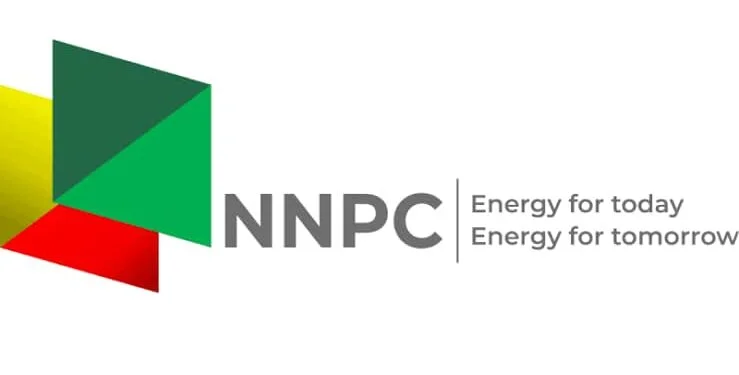The Socio-Economic Rights and Accountability Project (SERAP) has issued a seven-day ultimatum to President Bola Tinubu, demanding immediate action to investigate and address allegations of large-scale corruption in the oil sector. The organization has called on the President to direct Attorney General Lateef Fagbemi (SAN) and anti-corruption agencies to launch a full-scale inquiry into the disappearance of over N26 billion from the Petroleum Technology Development Fund (PTDF) and the Federal Ministry of Petroleum Resources.
According to SERAP, the funds were either missing, diverted, or stolen, as revealed in the 2021 annual audited report by the Office of the Auditor-General of the Federation, released on November 13, 2024. The organization has warned that if no action is taken within the stipulated timeframe, it will take legal steps to compel the government to act in the public interest.
SERAP’s Demand for Transparency and Accountability
In a statement dated February 1, 2025, SERAP’s Deputy Director, Kolawole Oluwadare, emphasized that the organization would not hesitate to initiate legal proceedings against the government if the allegations were not promptly investigated.
“We would be grateful if the recommended measures are taken within seven days of the receipt and/or publication of this letter. If we have not heard from you by then, SERAP shall consider appropriate legal action to compel your government to comply with our request in the public interest,” the statement read.
The report by the Auditor-General highlighted several instances of financial mismanagement within the oil sector, pointing to a pattern of corruption and misappropriation of public funds. The allegations, according to SERAP, represent a severe violation of public trust, Nigeria’s anti-corruption laws, and international anti-corruption commitments.
Financial Mismanagement Allegations
SERAP outlined various questionable financial transactions contained in the Auditor-General’s report, including:
- Over N25 billion paid for contracts without supporting documentation.
- N326 million deposited in two banks with no accountability for the funds.
- N107 million awarded for a library automation system without approval from the National Information Technology Development Agency (NITDA).
- N46 million paid to three companies for services without evidence of execution.
- N60 million in stamp duty fees from capital expenditure contracts that were unremitted.
- N64 million spent on store items that were reportedly not supplied.
- N41 million paid for services or goods that were never provided.
- N137 million used for recurrent expenditures without approval from the National Assembly.
- N232 million paid to seven companies for “stakeholders’ engagement in the Niger Delta” without clear details on the nature of the engagement, its location, or justification.
The Auditor-General’s report repeatedly expressed concerns that these funds might have been diverted and recommended that the missing money be recovered and remitted to the national treasury.
Calls for Action and Legal Implications
SERAP has urged the Tinubu administration to not only recover the missing funds but also prosecute those responsible. The organization insists that bringing perpetrators to justice will help restore public confidence in government institutions and curb future occurrences of corruption.
“Tackling corruption in the oil sector would significantly address Nigeria’s financial challenges,” SERAP stated. “Despite the country’s enormous oil wealth, ordinary Nigerians have derived very little benefit from oil money, primarily due to widespread grand corruption and the entrenched culture of impunity among perpetrators.”
The organization cited constitutional and international legal obligations that bind the government to act against corruption. Specifically, SERAP referenced the United Nations Convention against Corruption and the African Union Convention on Preventing and Combating Corruption as key legal frameworks requiring the Nigerian government to take decisive action against financial misconduct.
Furthermore, the organization reminded the administration of its obligations under Section 16(1) of the Nigerian Constitution, which mandates the government to “secure the maximum welfare, freedom, and happiness of every citizen based on social justice and equality of status and opportunity.”
The Urgent Need for Reform
SERAP emphasized that government accountability and transparency are crucial to ensuring that public funds are used for the benefit of Nigerian citizens. The organization stressed that the country’s wealth should be dedicated to development efforts, reducing the budget deficit, and alleviating the national debt crisis.
“The country’s wealth ought to be used solely for the benefit of the Nigerian people and the sake of present and future generations,” SERAP concluded.
As the deadline approaches, all eyes are on the Tinubu administration to see whether decisive action will be taken or if the matter will be swept under the rug. SERAP’s threat of legal action adds pressure to an already tense situation, signaling that civil society will not back down in its fight against corruption in Nigeria’s most lucrative sector.













